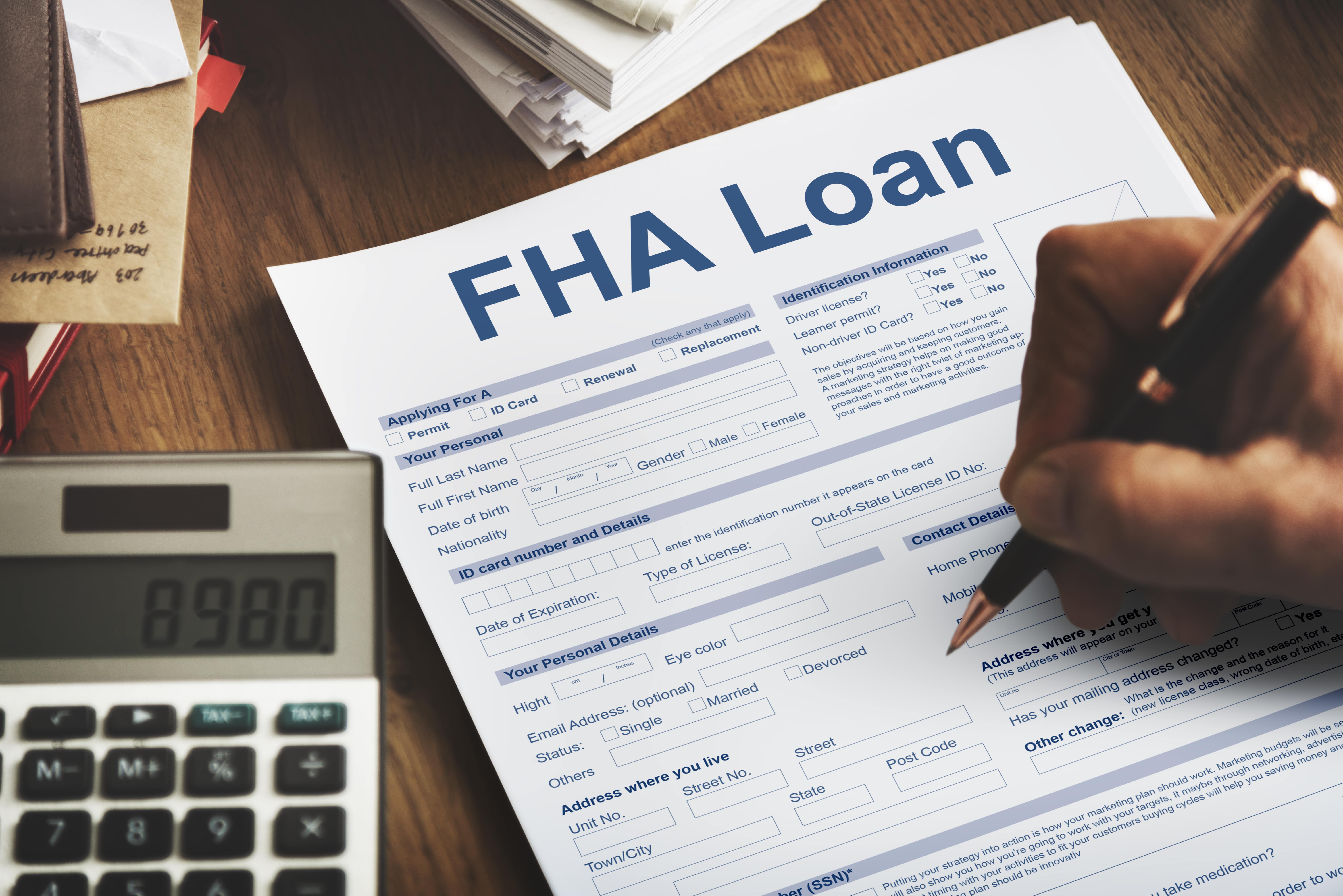FHA loans (actually FHA-insured loans) have taken a great leap in popularity since conventional lenders began limited their lending. At the time of this writing, FHA-insured loans account for 30-50% of all new condominium mortgages. FHA loans are more prevalent at this time because with these loans, conventional lenders face a reduced risk of delinquency and foreclosure compared to their own “conventional” loans. Thus lenders are more inclined to lend when the loan is FHA-insured. In addition, FHA loans are more popular with buyers due to features such as a lower down-payment requirements than the 20% found in typical conventional loans. Another factor in the rising number of FHA loans was the increase in lending limits in May 2009 from $369,000 to $625,000. The bottom line is that when mortgages are more readily available, there is a larger pool of potential purchasers, which is good for Real Estate values. So FHA loans are good for associations in general.
To obtain a FHA-insured loan, an individual needs to qualify personally, and the condominium association needs to be on FHA’s “approved” list. Note that the FHA does not create approvals for Co-Ops, Planned Developments (Home Owners Associations), or Timeshares/Fractionals. To gain this government-backed “insurance” one needs to demonstrate that there are no obvious risks with the buyer or association that would affect the buyer’s ability to make mortgage payments.
Getting the Association Approved (Revised 11-9-09)
An approved association is one that has gone through the rigorous FHA approval process. In addition, the commercial lender may add their own set of requirements in addition to FHA requirements. To gain FHA approval, the association needs to meet many criteria, including such things (at the time of this writing) as demonstrating owner-occupancy over 50%, no more than 10% of the units owned by one investor, less than 50% of the units in the association currently with FHA loans (although some exceptions exist), 30-day delinquencies under 15%, and overall stability. Note that prior Percent Funded requirements have been discontinued and replaced with a requirement that Reserve contributions represent at least 10% of the total budget. Associations claiming an exception to this requirement will need to demonstrate the sufficiency of lower contributions, documented in a Reserve Study less than 12 months old.
The new “10% of total budget” requirement is simpler and less rigorous than the former regional Percent Funded requirement, but is national in scope and in line with Fannie Mae and Freddie Mac standards. It will be important for associations to realize how easy it will be to meet this test if they are currently making appropriately-sized Reserve contributions (typically 15-40% of total budget). It will be dangerous if anyone begins to characterize or believe that a 10% Reserve contribution rate is anything close to responsible.
No more Spot-Approval.
Historically, a buyer could get a “spot approval” of the association, which was a limited qualification of the association good only for their loan. Earlier guidelines indicating spot approvals will be discontinued as-of 12/7/2009 has been revised such that spot approval will continue to exist through 2/1/2010. In addition, all condominium associations previously approved for FHA financing will need to be re-approved beginning on 12/7/2010 (not the previously announced 12/7/2009). Once on the approved list, the association will have to undergo recertification every two years.
Our Response
Since Reserve contributions are such a large fraction of an association’s budget, and since the components and fund status change each year, we believe it is important to annually address and update these important disclosures and recommendations. Association Reserves offers different types of professionally-prepared Reserve Studies (Full, Update With-Site-Visit, and Update No-Site-Visit), each prepared by our experienced, independent staff, according to National Reserve Study Standards. These Reserve Studies are designed to help associations cost-effectively determine their Reserve component status, Reserve fund status, and an appropriate Reserve contribution rate. Our services are available in traditional single-year engagements, and also our cost-saving “Three-Year Flat-Fee” relationship.
It is our desire to continue in our role of providing timely and reliable Reserve Studies and disclosures for our clients. As the lending industry transitions to a “new normal”, Association Reserves will continue to be your accessible and reliable Reserve planning partner.
What to do?
- If you don’t know if your association is currently FHA-approved, go to: http://www.checkfhaapproval.com
- If your association is not FHA-approved and you desire that status (or at least wish to investigate if FHA-approval is even possible at your association), due to the complexity of the process and the different skill sets necessary to gain approval, we recommend taking advantages of the services of an expert in the field, such as: http://www.getfhaapproval.com/
Hint: Using an expert such as the above means that once pre-screened, you can get a money-back guarantee that they can finalize your approval. On a practical level, the association’s cost to become approved can be offset (even to the point of becoming a profit-center for your association) by collecting a small “FHA Approval Fee” from each sales transaction. - Get a Reserve Study. Reserve contributions are typically 15-40% of an association’s total budget, and Reserve disclosures are key indicators of an association’s financial health. This means that making contributions at the “10% of total budget” level are likely inadequate for almost all associations. So whether you are FHA approved or considering FHA approval, your Board needs accurate budget figures and your homeowners need accurate disclosures. To get a proposal, call our office at 800/733-1365 or conact us
For more FHA-Approval information, visit the HUD website directly and read their requirements at: http://www.hud.gov/offices/adm/hudclips/letters/mortgagee/
Note: on the above page select their document 09-46a and 09-46b, which both supercede their earlier 09-19 policy letter.

